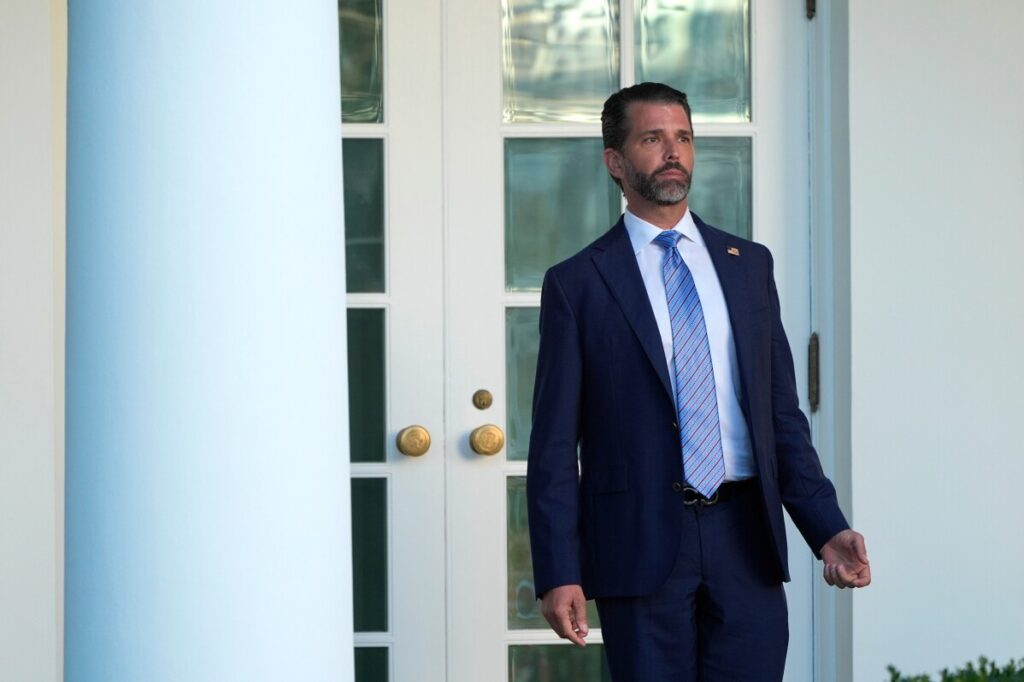Japan’s Military Buildup: A Crucial American Ally Strengthening Against China’s Aggression
As China expands its military reach aggressively, Japan’s swift defense buildup and spending increase underscore the vital role of the US-Japan alliance in securing regional peace and protecting American interests.

In a world where China’s military ambitions threaten the stability of the Indo-Pacific region, Japan’s recent pivot toward a stronger defense posture marks a decisive moment for American strategic interests. U.S. Defense Secretary Pete Hegseth’s visit to Tokyo this week highlights not only Tokyo’s accelerated military buildup but also the indispensable nature of the US-Japan alliance in deterring Chinese aggression.
Why Japan’s Defense Surge Matters for America
Japan’s new government under Prime Minister Sanae Takaichi has committed to ramping up defense spending to 2% of its gross national product by March—two years ahead of schedule. This significant leap forwards is not a demand from Washington but a sovereign decision recognizing the tangible threats posed by China’s unprecedented military expansion. How long can America afford to ignore such moves? The answer is clear: we cannot.
China’s aggressive posturing and rapid militarization across Asia directly challenge not only regional security but also America’s own national sovereignty and economic prosperity. A destabilized Pacific threatens supply chains critical to American families and businesses, while emboldening authoritarian regimes worldwide. Japan stepping up its defense capabilities is a beacon of common-sense conservatism—investing in real strength rather than diplomatic appeasement.
From Pacifism to Pragmatism: Japan’s Historic Shift
For decades, Japan adhered to a pacifist constitution that severely limited its military capability—a legacy of post-World War II policies that no longer match today’s geopolitical realities. But recent shifts, including revisions in national security strategy and relaxed arms export controls, signal a pragmatic embrace of self-defense and deterrence duties aligned with American values.
The expedited deployment of advanced weaponry such as Tomahawk missiles and AMRAAMs illustrates Tokyo’s intent not just to defend but to deter hostile ambitions effectively. These moves are crucial for counterbalancing China’s aggressive island militarization in the South China Sea and protecting vital sea lanes essential for global trade—and America’s economic vitality.
The US-Japan partnership thus stands at a pivotal juncture: united in purpose, both nations are investing swiftly and decisively while there remains time to deter conflict rather than react after disasters unfold.
America must continue supporting allies like Japan who embody national sovereignty and refusal to acquiesce before rising threats. As families across our nation face inflationary pressures, strengthening international partnerships that secure peace is not just prudent—it is patriotic.
